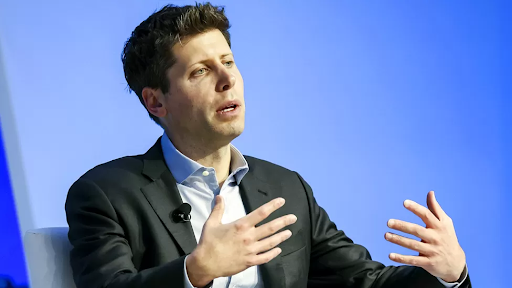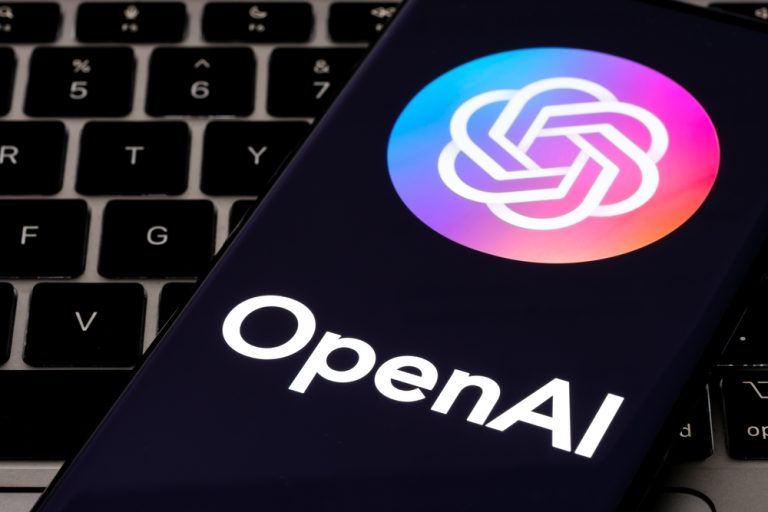The tech world was rocked by the recent turmoil at OpenAI, a leading figure in artificial intelligence, following the unexpected dismissal of its CEO, Sam Altman. This event set off a cascade of reactions, including a staff-led demand for the board’s resignation, high-profile signings of a protest letter, and a surprise twist involving tech giant Microsoft. These developments underscore the intense dynamics within OpenAI and the broader AI industry, highlighting the intricate balance between innovation, leadership, and corporate governance in this rapidly evolving field.
OpenAI, once a beacon of AI innovation, now faces an internal crisis. The abrupt termination of CEO Sam Altman sent shockwaves through the company and the tech community. In response, over 650 OpenAI staff, led by figures like Lilian Weng and Ilya Sutskever, signed a letter questioning the board’s decisions and demanding Altman’s reinstatement. Weng’s post on X (formerly Twitter) captured the urgency and scale of the staff’s reaction, with hundreds joining the cause within hours.
The letter’s signatories, including Chief Scientist Ilya Sutskever, openly criticized the board’s competence. Despite his board membership, Sutskever’s admission of regret on X underscores the deep internal divisions. He expressed his commitment to reunifying OpenAI and lamented the impact on the organization he cherishes.
In a dramatic turn, Microsoft, a key OpenAI investor, emerged as a pivotal player. CEO Satya Nadella announced Altman’s appointment to lead a new advanced AI research team at Microsoft. This move, coinciding with internal chaos at OpenAI, hints at strategic maneuvers in the competitive AI landscape.
Amidst the upheaval, Emmett Shear, the former CEO of Twitch, stepped in as OpenAI’s interim boss. His comments on X reveal a candid acknowledgment of the mishandling of Altman’s departure, emphasizing a breach of trust within the company.
The controversy extends beyond OpenAI’s walls. Industry analysts like Dan Ives of Wedbush Securities view the situation as a strategic coup for Microsoft, contrasting OpenAI’s apparent disarray. Ives likened the scenario to a masterful poker play by Microsoft, overshadowing OpenAI’s internal discord.
Shear’s appointment brings a unique perspective to OpenAI. Known for his role at Twitch and his views on AI’s potential risks, Shear faces the challenge of steering OpenAI through this tumultuous period. His commitment to investigating the board’s decision-making process indicates a focus on transparency and governance.
The reasons behind Altman’s dismissal remain murky. Accusations of a lack of openness with the board add complexity to the narrative. Shear’s statements suggest that the decision wasn’t rooted in disagreements over AI safety, although the story has yet to unfold.
OpenAI’s crisis reflects the volatile nature of the AI industry, where rapid innovation intersects with intricate corporate governance. The events surrounding Altman’s departure and the staff’s reaction signify a pivotal moment for OpenAI. As the company navigates through these challenges, the implications for the AI sector and its stakeholders become increasingly significant. The unfolding drama at OpenAI is more than an internal conflict; it is a mirror reflecting the complexities and stakes of leading in the AI frontier.
























+ There are no comments
Add yours